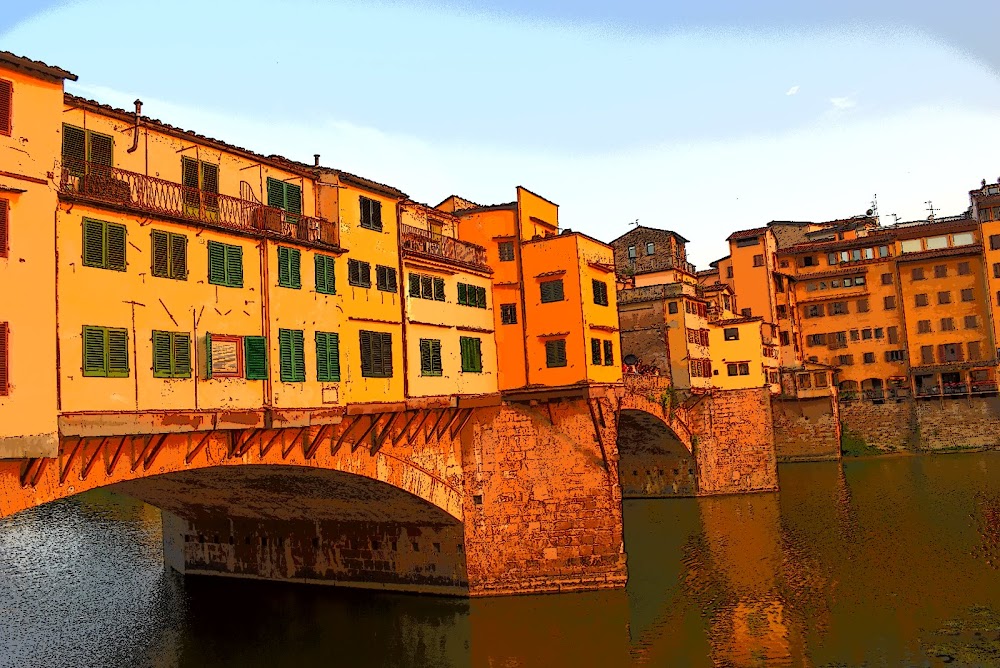As Paul Loeb says in Soul of a Citizen, “We’ve all but forgotten that public participation is the very soul of democratic citizenship, and that it can profoundly enrich our lives.”
As a foreigner living in Ecuador, I have been reluctant to get involved in public affairs, so I have mainly been an observer for the past year and a half, but I believe that being part of a global society includes responsibilities.
When I first arrived in Guayaquil, walking on the streets downtown was frustrating. Plastic bottles, cups and bags litter the streets. Passing busses leave a trail of trash. The banks of the river flowing by the University of Guayaquil are covered with household detritus. Regard for the natural environment seems virtually non-existent.
Guayaquil is the business capital of Ecuador, and one of the largest ports in South America. I moved here a year and a half ago from Colorado, and compared to a town like Boulder, where the city recycles and composts municipal waste, Guayaquil could be seen as a cesspool. But as I learn more about the complexity of the political and environmental problems here, I continue to be impressed by the progress that this Andean nation (smaller than the state of Colorado but claiming four distinct ecosystems within its borders) is making in the face of global climate change and a history of exploitation by western business interests.
While the city has several noble projects, two examples outside the Guayas province captured my interest as they provide practical solutions to environmental problems: a tiny organic shrimp farm in the coastal dry forest, and a campaign popularized by the president to “keep oil in the soil” and mediate environmental and human damage deep in the rainforest.
The Rio Muchacho Organic Farm (http://www.riomuchacho.com) is just north of Bahia de Caraquez in the Manabi province of Ecuador, and claims to be the first and only certified organic shrimp farm in the world. The farm is based on organic farming and permaculture principles. Shrimp is not the only crop; aloe vera, papaya, almonds, and the precious mangrove trees are cultivated and supported in a codependent ecosystem.
The farmed shrimp industry is notorious for its history of environmental destruction. Shrimp farms became popular in the 1970s to meet global demand. By the late 1980s, the industrial monoculture (two species of shrimp account for 80% of all farmed shrimp) caused widespread disease and shrimp farms were responsible for large scale ecological problems (like the clear-cutting of coastal mangroves in Ecuador). In the late 1990s, the industry became more regulated, and now, organic farms, like Rio Muchacho, are setting the new standard.
In Ecuador, the most damaging effect of shrimp farms is the destruction of coastal mangrove forests. Mangroves are important because of their ability to protect against erosion and storm surges, absorb heavy metals and provide a food source for shrimp. The trees were ripped up in order to make room for the ponds that quickly became a chemical cocktail because of the need to use antibiotics to combat the diseases that the shrimps caught. Although Mangroves have been largely destroyed on the Ecuadorian coast by industrial shrimp farming, these organic methods provide an example and give hope to the survival of this costal ecosystem.
The second inspirational Ecuadorian project has been promoted by the president, Rafael Correa. Although Correa is currently slipping in popularity, earlier this year he toured Europe promoting the idea to “keep oil in the soil.” He proposes that developed nations should pay Ecuador to halt oil drilling in the Ecuadorian rainforest. He is asking for 3 billion dollars. Countries like Spain and Germany have already committed funds, and he is continuing the campaign. The battle between Ecuadorian indigenous groups and American oil company Texaco/ Conoco shows the urgency of this campaign. The recent documentary, Crude, sheds some light on this 17 year old ongoing battle.

No comments:
Post a Comment